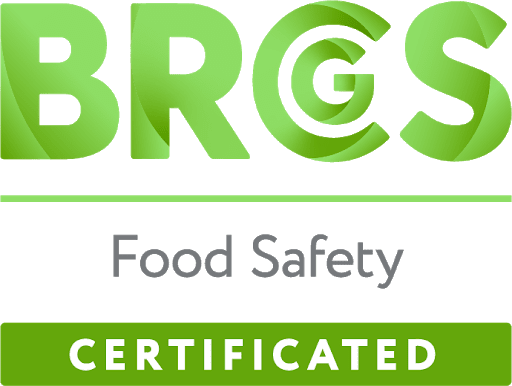BRC GLOBAL STANDARDS
Originally developed and published in 1998, the British Retail Consortium (BRC) Global Standards specify safety, quality and operational criteria for food producers and suppliers. Used worldwide, the standards are recognized by the GFSI, which aims to reduce the need for multiple supplier audits by harmonising international food safety standards. BRC standards are accepted by many of the world’s largest retail groups, manufacturers and food service organisations – providing an international mark of excellence for the certificate holder.
BRC Standard contains requirements for food processors to follow to build an effective food safety management system. There are also editions of the standard for food packaging manufacturers, storage and distribution and now agent and brokers.
DIFFERENT BRC STANDARDS
- BRC Global Standard for Food Safety – applies to processed food manufacturing, the preparation of retailer-branded products, branded food products, and food or ingredients for use by food service companies, catering companies and food manufacturers.
- BRC Global Standard for Packaging and Packaging Materials – applies to the manufacture of food packaging and packaging materials. The standard cannot be applied to packaging or materials that are not processed at the audited site, or to activities relating to wholesale, importation, distribution or storage outside the direct control of the company.
- BRC Global Standard for Storage and Distribution – applies to companies providing storage and distribution services, including contracted services and a wholesale business where the storage and distribution facilities are under its direct control.
- BRC Global Standard for Agents and Brokers – companies in the food and/or food packaging supply chain that provide services for the purchase, importation or distribution of products.
SECTIONS OF BRC STANDARDS
- Senior Management Commitment – Commitment at a senior level is essential in the development of a good food safety culture and is therefore necessary for any food safety system to be effective.
- The Food Safety Plan – HACCP – Effective hazard and risk analysis enables the company to identify and manage those hazards that may pose a risk to the safety, quality and integrity of their products. The Standard requires the development of an effective hazard analysis and critical control point (HACCP).
- Food Safety and Quality Management System – ensures the company works to well-documented, systematic management systems that form the basis for the product and process controls necessary to produce safe products, meet customer expectations and ensure staff are trained.
- Site Standards – covers the suitability, cleanliness and control of the site and includes topics such as factory conditions, cleaning, equipment, pest control, foreign body controls and food defence/site security.
- Product Control – Establishing product controls such as allergen management, the prevention of food fraud and product testing are important in the reliable delivery of safe, authentic products.
- Process Control – requirements ensure that the documented HACCP plan is put into operation on a daily basis, together with effective procedures to consistently manufacture the product to the correct quality.
- Personnel – Training, protective clothing and hygiene practices are covered in this section.
- High-Risk, High-Care and Ambient High-Care Production Risk Zones – A specific section of the Standard dealing with products that are susceptible to potential pathogen contamination and therefore need additional controls to ensure product safety.
- Requirements for Traded Products – A voluntary additional section of the Standard for sites that purchase and sell food products that would normally fall within the scope of the Standard and are stored at the site’s facilities, but which are not manufactured, further processed or packed at the site being audited.
* Note – Classification of Sections vary depending upon BRCGS standards.
BENFITS OF BRCGS CERTIFICATION
- GFSI recognized food safety certification
- Accepted and specified by many retailers, manufacturers, ingredients companies, food service organisations and raw material processors worldwide as part of their supplier approval process.
- Use certification as a marketing tool by displaying logo on your publicity materials, stationery and website.
- Global recognition of the Standard by customers and the portable nature of the product with additional modules reduce audit burden.
- Reduce waste, complaints, recalls and rejected products.
Audit standards and certification process is stringently maintained and consistent worldwide.





